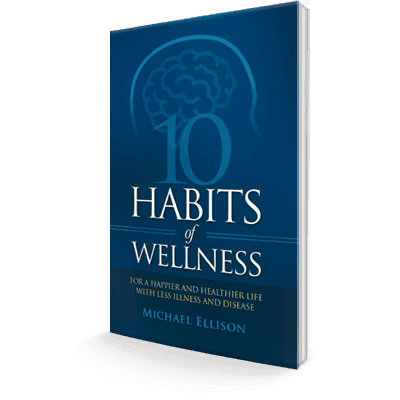Understanding Stress
Stress is the body’s natural response to feeling overwhelmed because of challenges and demands. When you feel stressed, your body releases hormones like adrenaline, preparing you to face the situation. This “fight-or-flight” response can be beneficial in small doses, but high stress levels can negatively impact your health and well-being.
The Importance of Stress Management
Effective stress management is crucial for maintaining good health. Prolonged stress response can lead to various health issues, including headaches, digestive problems, and heart disease. Learning how to manage stress can have many benefits for your health. It can make you feel better and boost your immune system. It can also help you sleep better and improve how your body responds to stress hormones.

Practical Strategies to Cope with Chronic Stress
Let’s explore some practical and effective ways to manage stress when you feel overwhelmed. These methods are easy to incorporate into your daily routine and can significantly improve your quality of life.
Engage in Regular Physical Activity
Regular exercise is a powerful stress reliever. Physical activity stimulates the production of endorphins, which are natural mood lifters. You don’t have to do intense workouts. Just walking, gardening, or doing yoga can make a big difference.

Practice Deep Breathing
Deep breathing exercises are a simple yet effective technique for stress management. When you feel stressed, take a few minutes to breathe deeply. Breathe in gently via your nostrils, pause for a moment, and then breathe out gently through your lips. Do this multiple times to help soothe your mind and physique.
Stay Organized
Keeping your life organized can significantly reduce stress. Make a list of tasks and prioritize them. Break larger projects into smaller, manageable steps. By staying organized, you can tackle your responsibilities more efficiently and reduce feeling overwhelmed.
Prioritize Sleep
Quality sleep is essential for stress relief. Aim for 7-9 hours of sleep each night to ensure your body and mind are well-rested. Establish a relaxing bedtime routine, such as reading or taking a warm bath, to help you unwind and prepare for sleep.

Maintain a Healthy Diet
A balanced diet can improve your energy levels and overall mood, making it easier to cope with stress. Focus on eating a variety of fruits, vegetables, whole grains, and lean proteins. Limit your intake of caffeine and sugar, which can contribute to anxiety and restlessness.
If maintaining a healthy diet isn’t your thing, you can supplement your diet with nutritional supplements that help combat stress.
Foster Social Connections
Connecting with friends and family is an excellent way to manage stress. Sharing your feelings with loved ones can provide emotional support and a sense of belonging. Don’t hesitate to reach out to others when you need help or want to talk.
Take Regular Breaks
Taking breaks throughout the day is crucial for stress management. Step away from your tasks and spend a few minutes relaxing. Taking breaks like stretching, walking, or listening to music can help you recharge and focus better on your tasks.
Explore Mindfulness and Meditation
Mindfulness and meditation are potent strategies for handling stress. These techniques aid in maintaining focus and lessening worry. Just be aware of your thoughts and surroundings without judging or reacting in the present moment. Allocate a small portion of your day to mindfulness or meditation activities to help you relieve stress.
Managing Stress as We Age
As we age, our stressors and ways of managing stress may change. Here are some tips to help you handle stress effectively as you age.

Establish a Routine
Creating a daily routine can provide structure and a sense of purpose. Plan activities that you enjoy and find meaningful. Having a routine, like volunteering, hobbies, or time with loved ones, can make you feel more balanced and fulfilled.
Stay Physically Active
Physical activity is important at any age. Find exercises that you enjoy and can do regularly. Walking, swimming, and yoga are excellent options that can keep you fit and reduce stress.
Keep Learning
Continuing to learn and engage your mind can be a great way to manage stress. Keep your mind on task by seeking a new hobby, enrolling in a class, or joining a book club. Staying mentally active can keep you engaged and provide a sense of accomplishment.
Fun Activities for Stress Relief
Engaging in enjoyable activities is an effective way to relieve stress. Here are some helpful ideas to help you unwind and relax the body and mind.
Pursue Hobbies
Hobbies can be a wonderful way to relax and escape from daily stressors. Whether it’s painting, knitting, or gardening, find activities that bring you joy and satisfaction.
Spend Time in Nature
Nature has a calming effect on the mind and body. Take walks in the park, go hiking, or sit outside and enjoy the fresh air awaiting you. Spending time in nature can help you feel more connected and less stressed.
Laugh More
Laughter is a natural stress reliever. Watching a funny movie, reading a humorous book, or spending time with friends who make you laugh may be just what the doctor ordered. Laughter can lighten your mood and help you feel more relaxed.





